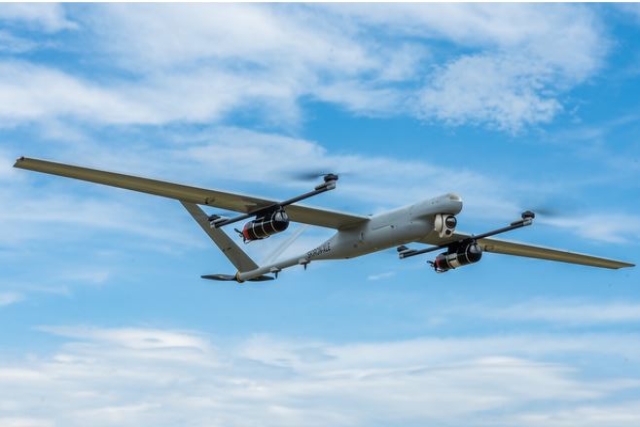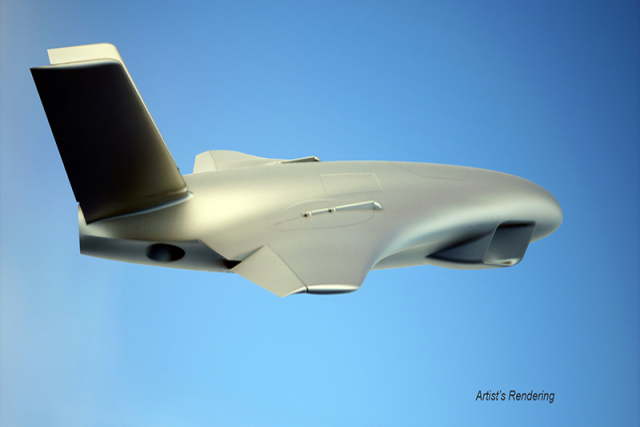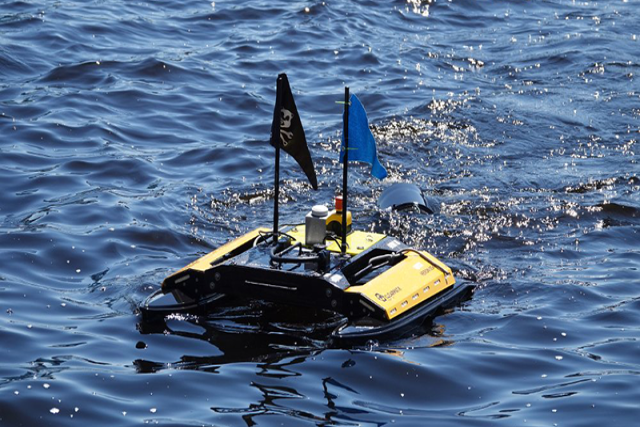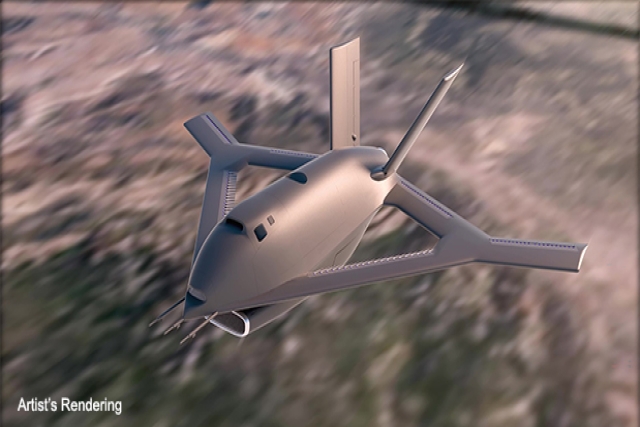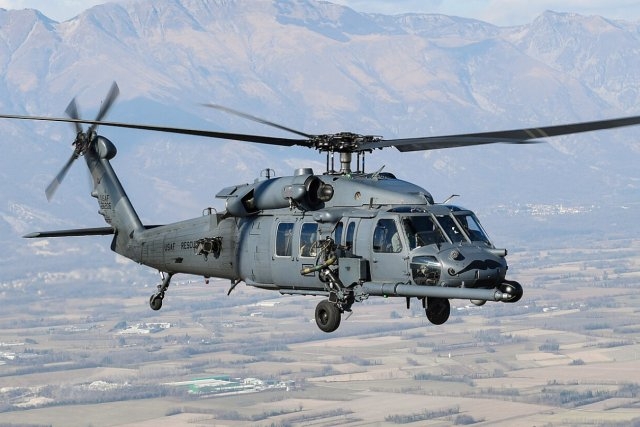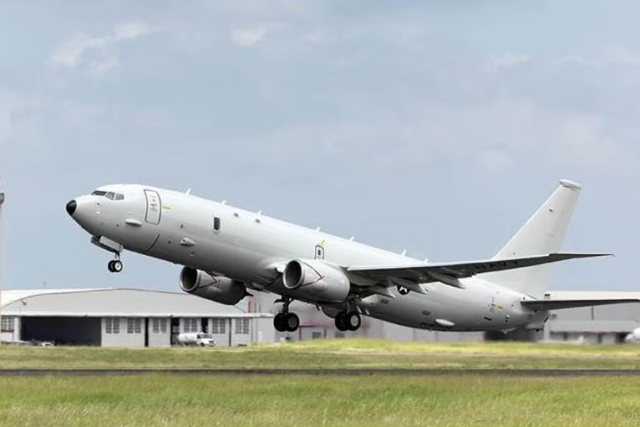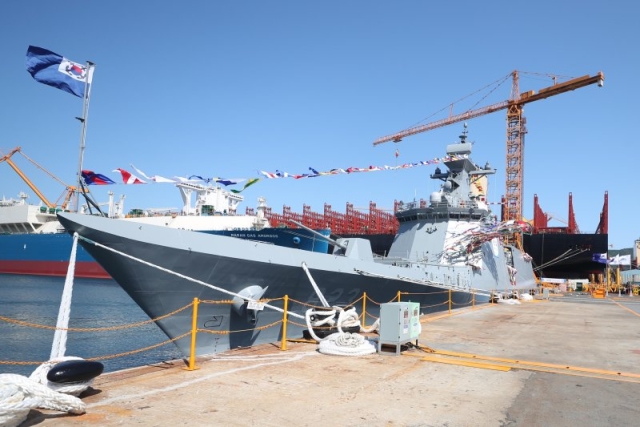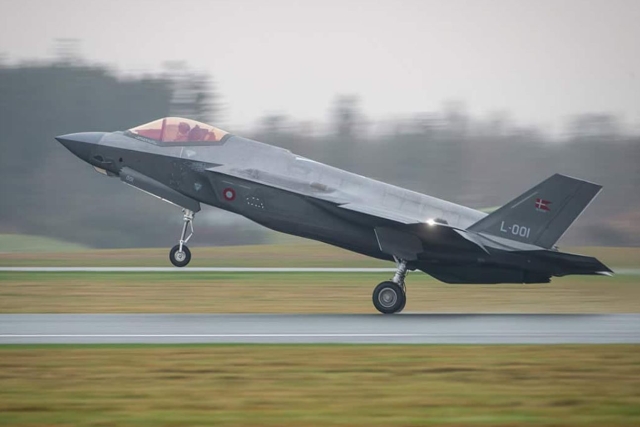Aurora Flight Sciences Advances Real-Time Adaptive Control for Uncrewed Surface Vessels in DARPA Program
Collaboration with MIT Labs Enhances USV Reliability and Safety in Unpredictable Conditions
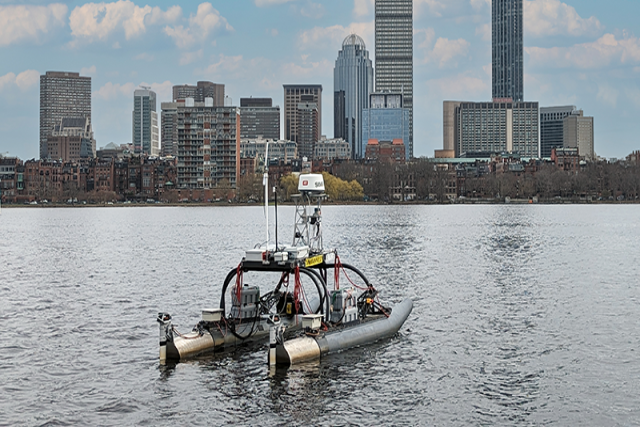
Aurora Flight Sciences, a Boeing company, is advancing its "Fast Adaptation and Learning for Control Online" (FALCON) control architecture for Phase 1 of DARPA's Learning Introspective Control (LINC) program.
This control architecture enables uncrewed surface vessels (USVs) to adapt their control laws in real time, maintaining safe operation in unpredictable conditions.
Aurora, in collaboration with the Massachusetts Institute of Technology (MIT) Aerospace Controls Laboratory (ACL) and the MIT Marine Autonomy Laboratory (PavLab), had been testing its adaptive control architecture on 1.5-meter-long USVs. In Phase 1 of the LINC program, the team is now testing on larger, 5-meter-long USVs.
The testing focuses on various simulated scenarios. In a relative station keeping scenario, the adaptive control system maintains a consistent location relative to another vessel, facilitating the delivery of items from one vessel to the next, known as underway replenishment (UNREP). In each scenario, the USV, equipped with Aurora's adaptive control technology, must complete the mission while handling disturbances such as wind loading, thruster failure, and Venturi effects. The program also aims to enhance on-board crane stabilization for safer and more precise operations at sea.
The adaptive control system's real-time adjustments in unpredictable conditions improve the vessel's reliability, building trust with human operators and enhancing the performance of the human-machine team. The adaptive control algorithms continuously improve performance and safety, avoiding the long lead times and system updates associated with conventional control systems.
As part of Phase 1, the Aurora and MIT team will participate in four DARPA LINC demonstration events, approximately one every six months, starting later this year. Sandia National Laboratories is supporting these test events by contributing to test definition, metrics, and infrastructure.
The team has begun testing on the Charles River in Boston, Massachusetts, in preparation for the first Phase 1 demonstration. Future plans include advancing to larger test platforms, such as a 24-ft manned vessel.
